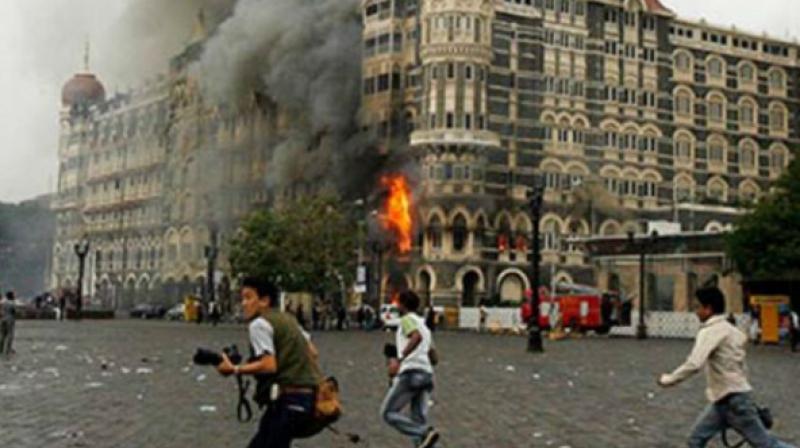26/11: Have we learnt anything?
The burden of eternal vigil against terrorism will of course be ours to live with.

The price we’ve been paying since 26/11 ten years ago is greater vigil against terrorism. Regardless of whether we are better prepared or not to tackle such planned and coordinated attacks on soft targets in big cities, the fact remains that, as with 9/11, the world changed after 26/11. The US has not forgotten or forgiven Pakistan’s tardiness in legal action against the masterminds and is even today offering rewards for information.
The sticking point in the aftermath of pinning the blame on those who orchestrated this attack is Pakistan’s treatment of Hafiz Saeed, the founder of Laskhar-e-Tayyaba and JuD. He has been a free man for a year now. Doubts were voiced over our level of preparedness on the long coastline as observation posts with thermal binoculars and satellite phones are yet to be set up around Mumbai, the metropolis on the west coast more likely to be targeted. There has, however, been a greater sense of alertness in a three-tier security ring involving the maritime police, Coast Guard and the Indian Navy since 2008.
The nature of our open society and the difficulty of establishing control 24/7 over the coastline make the vigilance harder. What 26/11 did was to present an urban attack model that ISIS terrorists replicated to target European cities. What is needed most is effective counterattack plans with sharpshooters moving to terror spots quickly in the event of coordinated or lone wolf attacks. The burden of eternal vigil against terrorism will of course be ours to live with.

